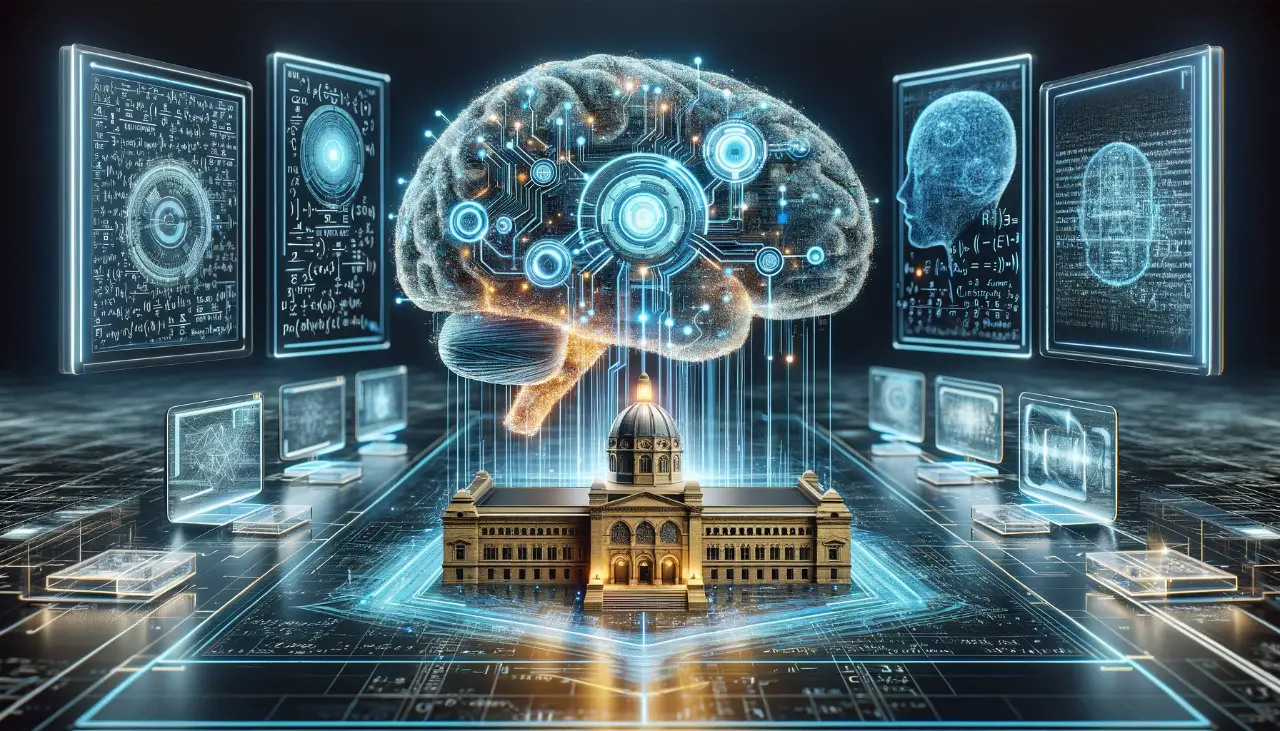Generative AI-powered software development tools are a relatively new invention, and large-scale effects are likely to take time to manifest. However, if their performance continues to improve, they can significantly boost developer productivity.
Some worry that AI will make programmers obsolete, but AI coding tools will speed up tasks and free up more time for developers to spend on creative projects.
Identifying Business Needs
If you have a specific software challenge costing your business time and money, explore whether AI could help solve it. However, don’t implement an AI-based solution simply because it’s the latest technology fad. Instead, focus on value drivers and how an AI-based solution would boost your operations over the long term.
Generative AI has become a popular tool in the software development industry for brainstorming applications, generating code, writing documentation, and automating business processes. However, generative AI models can produce output that is not always correct, efficient, or concise and may contain security vulnerabilities.
Other AI solutions for software developers include automated testing frameworks, natural processing language, and predictive analytics. These use AI to identify issues in the early stages of a project, so that developers can address them before they become more significant problems. This allows developers to save time and resources while delivering high-quality products faster. Additionally, it frees up time for them to work on other projects or tasks that require human intelligence.
Identifying Business Problems
The key to determining whether AI Software development is right for you is to understand your specific business needs. The technology offers a wide variety of potential improvements, including increased productivity and the ability to automate time-consuming tasks.
But, the implementation process can be challenging. It’s important to find a partner who can handle the entire process, including training employees on how to use the system.
AI-enabled tools reduce the learning curve and boost productivity by empowering non-technical users to build applications without writing code. They also help technical users customize applications and integrate them with other systems.
Some popular AI-assisted tools include GitHub Copilot, which provides suggested code completion, and Tabnine, which identifies code violations and recommends fixes. These tools improve productivity and help ensure coding best practices are followed. They also provide feedback on the application’s progress, enabling developers to keep pace with accelerated development cycles. In addition, they provide an overview of the application’s quality and security.
Identifying Solutions
AI software development tools can automate parts of the process of creating, publishing, and analyzing content. They can also detect errors in web pages and provide developers with continuous feedback.
AI can help with planning by analyzing previous projects, outcomes, and costs to predict real-time results and cost for new project requirements. Combined with predictive analytics, this information can then be used to determine how much to spend on each part of the project.
To avoid data bias, it’s important to use separate datasets for training and evaluation of AI models. This ensures that the model is adaptable and can perform as intended in different scenarios. It’s also essential to test scalability and performance of the AI solution. Developing AI software can be complicated, but it can be made simpler with a structured approach and the right tools. This includes identifying legal requirements and implementing proper compliance maintenance policies. It’s also important to find an expert developer with experience in building AI solutions and strong communication skills.
Developing a Strategy
When planning for AI Software development, it’s important to have a clear strategy. This will ensure that the technology is properly incorporated into business processes and decision-making, while keeping business goals in mind. It’s also important to prioritize ethical considerations and carefully monitor the system for adherence to data privacy regulations.
Currently, most AI software is used for planning and automation tasks, with developers using generative tools like GitHub Copilot (one of the early front-runners) and Tabnine to make code suggestions as they type. However, these AI tools don’t necessarily improve productivity because programmers still have to understand what they’re writing.
Moreover, most companies have difficulty finding good AI developers. These experts are scarce, command high salaries, and are often already employed at other organizations. This makes it difficult for businesses to bring their AI initiatives in-house. Instead, they may look for external AI teams to develop and monitor their systems.



